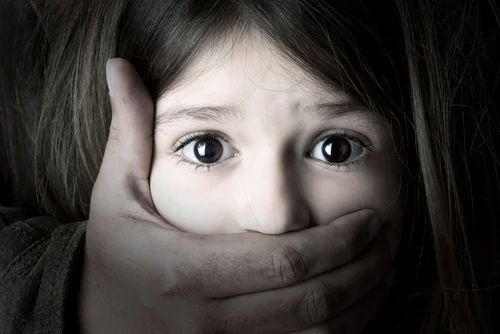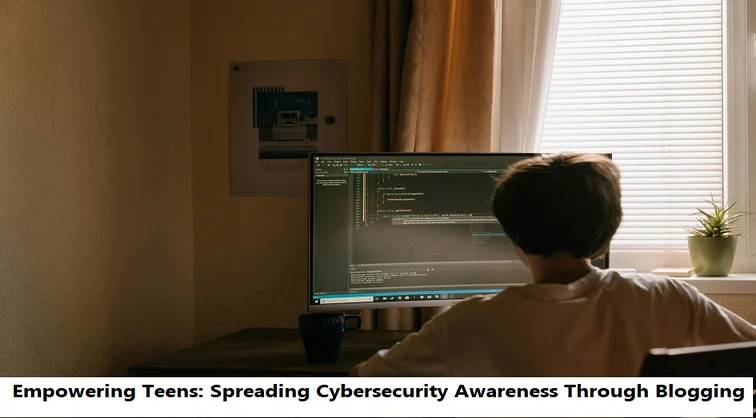+1 845 259 2974 (11 a.m to 7 p.m CST)
Yik Yak: Another social networking app for teens to use or misuse

In the post Ask.fm era and recalling all the teen suicides that it led to, the anonymity offered by Yik Yak is indeed a huge concern for parents and educators alike. The location-based social networking app has grown immensely popular among middle and high school students despite having a minimum age rating of 17. As seen before, anonymity and young teens don’t mix well, and it did not take very long for Yik Yak to become home to bullying and threats either. From bomb threats, to rape shaming, the app has already been host to plenty of hatred and nastiness. Not as mainstream as the likes of Facebook and Twitter, it has quietly slipped past parents’ watchful eyes. It’s important that they familiarize themselves with Yik Yak, understand its functionality, recognize its threats and use personal judgment and tools such as parental control software to kid-proof it.
The good, the bad, and the ugly
Like any other social networking platform, Yik Yak is more than simply a threat to Internet safety for kids. It allows teens to travel around with a portable bulletin board, remaining up-to-date on the campus activities and any other information that may be useful. It enables them to get help almost instantly. Most importantly, the anonymity offered by it allows kids to express themselves freely without the fear of being judged on gender, ethnicity, religion, or sexual orientation.
All good things aside, Yik Yak is not an app for young kids, something that the developers have made quite clear. Its usage requires a fair bit of maturity and responsibility, which kids passing through early years of adolescence generally lack. The platform may even encourage irresponsible behavior in kids by giving them an option to hide their identities.
When in wrong hands, Yik Yak can be used for malicious, cruel down-right nasty purposes. It’s been involved in school lockdowns, bullying of a rape victim, and issuance of grave threats among other things.
Role parents need to play for teens’ online safety
As with other social networking platforms, it is imperative that parents recognize the threat and talk to their kids about it, explaining how Yik Yak clearly falls short of meeting the acceptable criteria of online safety. Even efforts to discourage its use fail, they should ask their children to report bullying situations, threats, and any other inappropriate behavior immediately. It’s also important to teach teens the important of safe and responsible online behavior. Installing a parental control app on their digital device can help parents monitor their online activities and confirm that they are staying clear of risks and threats.
The developers of Yik Yak have already acknowledged the problems arising from their app landing in phones of middle and high school students. Taking an unprecedented step, they’ve moved to block its functionality in both private and public schools in the US using geo-fencing. According to them, the app is specifically designed for mature users, ages 17 and above, and isn’t suitable to kids. The stance of the developers under the given circumstances is indeed a commendable one and may go on to set a new standard for keeping kids safe online.























